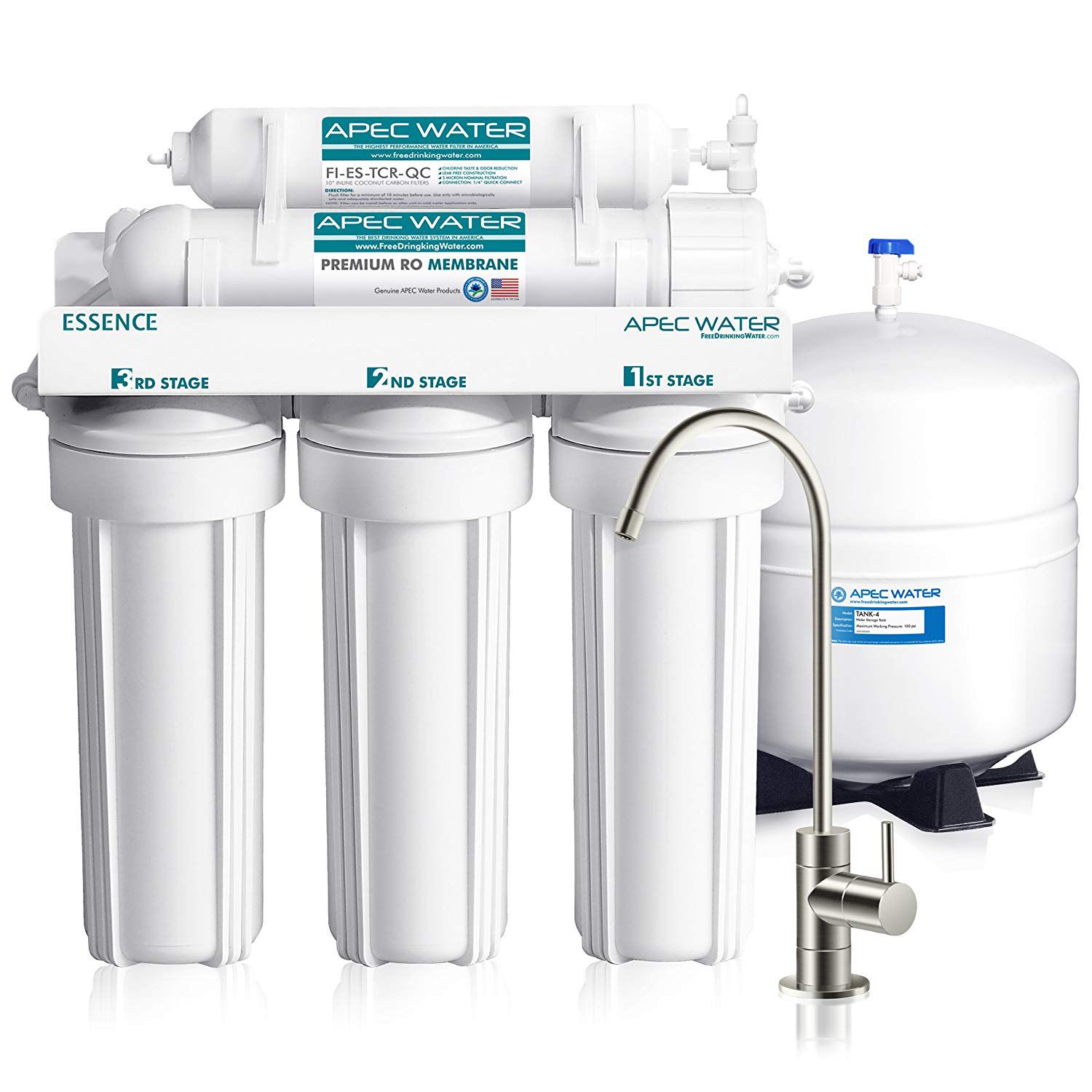The ultimate checklist for the purchase of a home water filter
Water filters are highly recommended for all owners to protect the water supply from their properties. Most states treat their chlorine water to ensure that it is free of contaminants; However, when the water comes to your home, it is likely that it has been exposed to harmful metals, such as lead and arsenic, toxic waste, pesticides and other chemical products.
The two primary sources of residential water supplies are groundwater, which is collected through small cracks on the ground, and the water surface of rivers, lakes and reservoirs. Between time, water leaves these sources and reaches its domestic tap, has traveled through pipelines, pumping stations and treatment plants. Rust, corrosion and small cracks can allow unwanted chemicals and germs to be filtered through plumbing, and old pipelines may even become a source of localized contamination.
Have you ever noticed how water or well water can sometimes taste metallic or cloudy lights? The possibilities are contaminated. The good news is that a water filter for the home can easily take care of the problem. But how to select the perfect water filter for your home?
Check the quality of your water.
What water filter should you select depends on what floats around your water supply? The first step to successfully identify your filtration needs is to understand where water comes from.
Regardless of whether your water comes from a private well, through the rainwater collection, or a public water system, the laboratories certified by the state or the home test kits are an effective way to analyze what there is in its water supply. The 2019 TAP water database contains a list of contaminants that are in terms of state by more than 30 million water samples.
If you share your community supply in the US. UU should receive an annual report that highlights polluting levels and the overall quality of your drinking water (called consumer confidence report).
Regardless, you can choose to test a sample of your water at any time to decide which water treatment system is most suitable for your needs.
Depending on the results of these tests, a water filter, as a reverse osmosis system, can be its ideal solution, providing a lot of drinking water.
Other considerations that affect water quality.
We buy water filters to improve the overall quality of water and to specifically combat surface buildup.
Contaminants and bacteria do not cause this accumulation; Instead, hard water is the culprit. It is a known fact that hard water damages the skin and hair as well. It contains calcium and magnesium mineral deposits, which are converted into lime powder rings, and filtration alone can not fight that.
This is the reason why some of the best qualified reverse osmosis water filters come with additional stages of incorporated water softening, to reduce the hardness of its water supply while the contaminants are eliminated.


